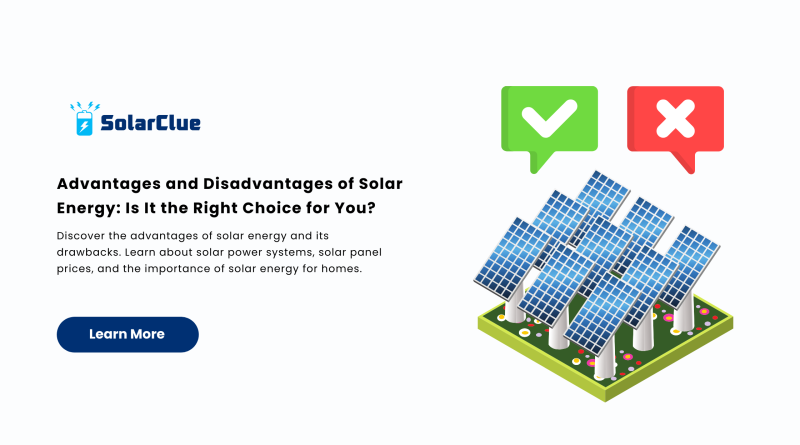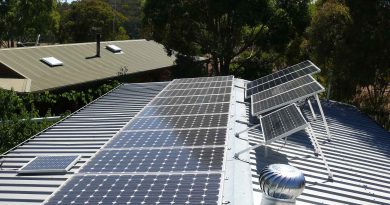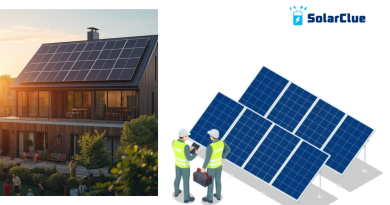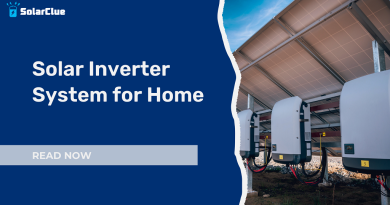Advantages and Disadvantages of Solar Energy: Is It the Right Choice for You?
The shift toward renewable energy is accelerating, and solar energy is at the forefront of this transformation. With an increasing number of homeowners and businesses investing in solar power systems, it is crucial to weigh the advantages of solar energy against its potential drawbacks. In this article, we will explore the importance of solar energy, its benefits, and the disadvantages of solar energy to help you make an informed decision.
Table of Contents
What is Solar Energy?
Solar energy is the power derived from the sun’s rays, which is converted into electricity using solar panels. This renewable energy source has gained immense popularity as a sustainable alternative to traditional fossil fuels.
Advantages of Solar Energy
1. Renewable and Sustainable
One of the biggest advantages of solar energy is that it is a renewable source of power. Unlike fossil fuels, which are finite and depleting, solar energy is available as long as the sun shines.
2. Reduces Electricity Bills
Installing a solar power system can significantly reduce electricity bills. Once you have paid the initial solar panel price, you can enjoy free energy for years, lowering your dependence on the grid.
3. Low Maintenance Costs
Solar panels require minimal maintenance. Regular cleaning and occasional inspections ensure their efficiency, making them a hassle-free investment.
4. Environmentally Friendly
Solar energy for home use helps reduce carbon footprints by decreasing reliance on fossil fuels. This clean energy source does not produce greenhouse gases or air pollution, making it an eco-friendly choice.
5. Energy Independence
Countries investing in solar power systems can reduce their reliance on imported energy, promoting energy independence and security.
6. Versatile Applications
From residential rooftops to large-scale commercial plants, solar energy can be harnessed in various ways. It can also be used in remote areas where grid access is limited.
Disadvantages of Solar Energy
1. High Initial Cost
One of the key disadvantages of solar energy is the upfront investment. Solar panel prices can be expensive, making it challenging for some homeowners to afford installation.
2. Weather Dependency
The efficiency of solar panels depends on sunlight availability. Cloudy or rainy days can reduce energy production, making it less reliable in certain regions.
3. Space Requirements
To generate substantial power, solar panels require ample space. Those with limited roof space may struggle to install an adequate system.
4. Energy Storage Challenges
Solar power is generated during the day, but energy consumption occurs round the clock. Battery storage solutions can be expensive, adding to the overall cost of using solar energy for home applications.
5. Manufacturing Environmental Impact
Although solar energy itself is clean, the production of solar panels involves mining raw materials and using chemicals, which can impact the environment.
6. Disposal and Recycling Issues
At the end of their lifespan, solar panels require proper disposal or recycling. Currently, efficient recycling methods are still developing, posing an environmental concern.
Importance of Solar Energy
Despite some drawbacks, the importance of solar energy cannot be overlooked. It plays a crucial role in reducing dependency on fossil fuels, mitigating climate change, and ensuring a sustainable future.
How to Decide If Solar Energy is Right for You
Before investing in a solar power system, consider the following factors:
1. Your Location: Areas with abundant sunlight yield better returns.
2. Budget: Compare solar panel prices and financing options.
3. Energy Needs: Assess how much power you consume daily.
4. Roof Space and Condition: Ensure you have enough space for panel installation.
5. Government Incentives: Look for subsidies or tax benefits available in your area.
Conclusion
The advantages of solar energy make it a promising renewable resource, but its drawbacks must be considered before making the switch. Whether you want to save on electricity bills or contribute to a greener planet, solar energy for home use is a step toward sustainability.
Interested in exploring solar power systems for your home? Visit our website today and take a step toward a brighter, greener future!
FAQs
1. How much do solar panels cost?
The solar panel price varies depending on the brand, size, and location. On average, a residential system can cost between $10,000 and $30,000 before incentives.
2. Do solar panels work during cloudy days?
Yes, but their efficiency decreases. Solar panels generate power even in diffused sunlight, but output may be lower than on sunny days.
3. How long do solar panels last?
Most solar panels have a lifespan of 25-30 years, with warranties covering at least 20 years.
4. Are there government incentives for solar energy?
Yes, many governments offer tax credits, rebates, and other incentives to encourage the adoption of solar power systems.
5. Can I go completely off-grid with solar energy?
Yes, but you will need a reliable battery storage system to store excess energy for nighttime use.




